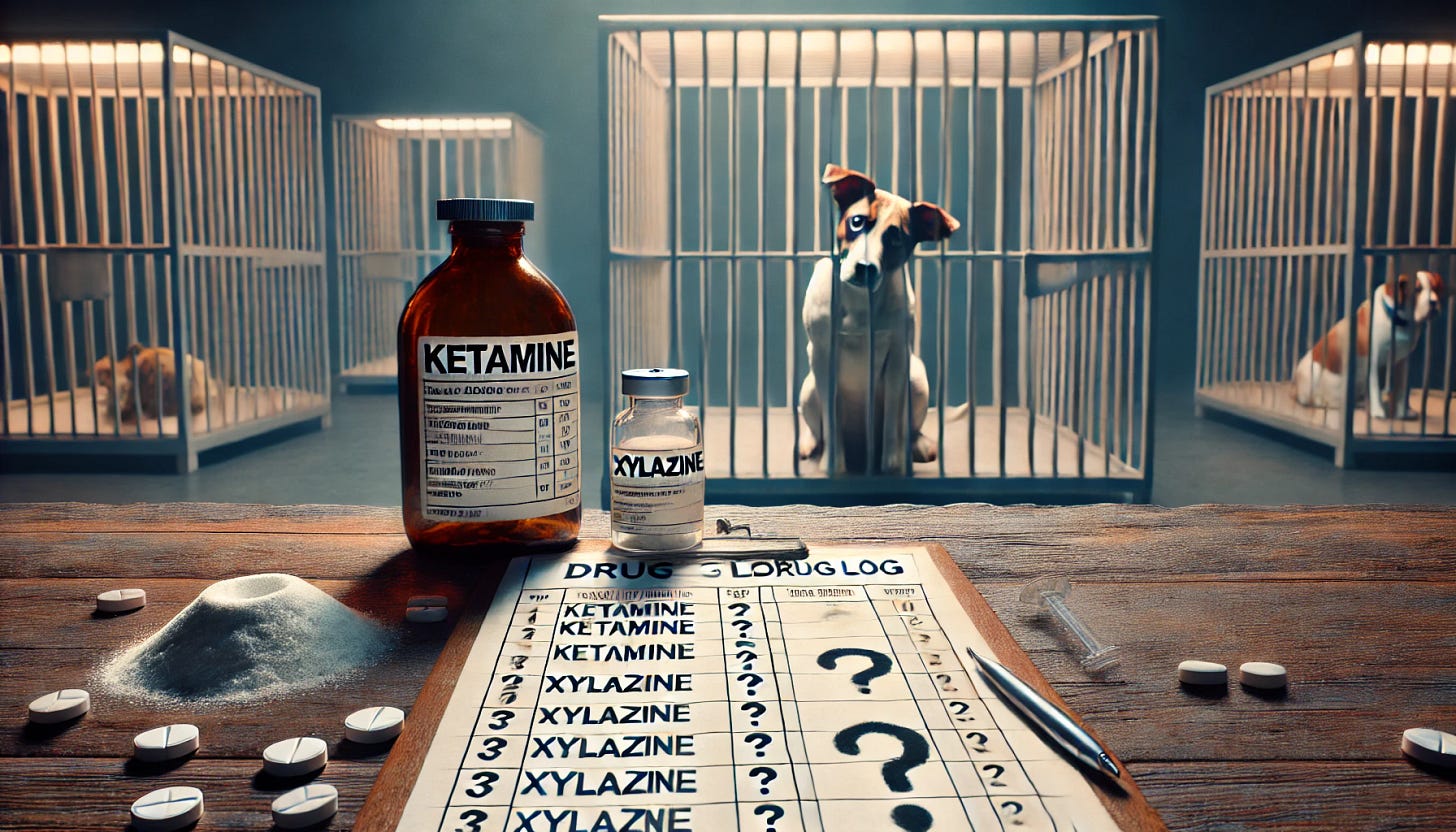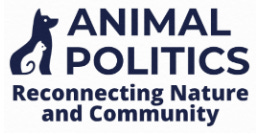The Dark Side of Animal Welfare: Allegations of Mismanagement and Drug Irregularities in U.S. Shelters
Shelters in Crisis: Allegations of Drug Misuse, Inhumane Practices, and Systemic Failures Demand Accountability
On a quiet morning in Douglas, Arizona, a local resident stumbled upon what she described as "a heartbreaking scene"—a cluster of lifeless cats scattered across the desert. This grim discovery would later be linked to the Douglas Animal Shelter, igniting a chain of revelations that expose troubling practices in animal shelters across the United States.
From alleged drug mismanagement to inhumane euthanasia practices, these findings paint a disturbing picture of systemic failures in institutions meant to protect society’s most vulnerable creatures.
The Shelter Where Records Don’t Add Up
At the heart of this story lies the Douglas Animal Shelter. Documents obtained through Freedom of Information Act (FOIA) requests reveal euthanasia logs riddled with inconsistencies. The records list two sedatives—Ketamine and Xylazine—administered per animal, yet critical details like weights are conspicuously absent. Without accurate weight data, it is impossible to calculate appropriate drug dosages, potentially leading to overdoses or insufficient sedation, which could compromise humane euthanasia practices and raise concerns about proper drug use and tracking. These drugs, often referred to as "tranq dope" when abused on the streets, raise questions about potential misuse or trafficking.
The logs themselves appear suspiciously uniform, suggesting they may have been created retroactively rather than contemporaneously. A DEA inspection conducted weeks later found no major violations, but it failed to address why drug usage patterns didn’t align with purchase orders from suppliers like AmerisourceBergen MWI Animal Health.
Adding to the concern is the shelter’s staffing. Two animal control officers working during this period were parolees with prior convictions for drug and theft offenses. Their involvement raises serious questions about oversight and accountability within the shelter system.
Riverside County: Cutting Costs at Animals’ Expense?
Over 500 miles away in Riverside County, California, another controversy brews. Reports from whistleblowers allege that "budget" euthanasia practices are being implemented at local shelters, where animals are reportedly euthanized without pre-sedation to save costs. This practice not only violates established humane standards but also subjects animals to unnecessary pain and suffering, raising significant ethical and legal concerns.
This revelation comes amid public outcry over a $2.5 million contract awarded to consultant Kristen Hassen, a former shelter administrator whose track record has been criticized as disastrous. During a recent Coachella Valley Animal Commission meeting, residents protested her leadership, arguing that funds should be redirected toward urgent animal welfare needs rather than administrative overhead.
Hassen’s response—that “experts are being brought in” and “data comparisons are confusing”—did little to reassure critics.
A Pattern of Neglect and Evasion
The issues at Douglas and Riverside are not isolated incidents but part of a broader pattern of neglect and evasion within the animal welfare system. Best Friends Animal Society, one of the nation’s largest animal welfare organizations, has also come under scrutiny for alleged participation in controversial animal release strategies. Internal reports link Best Friends’ interim Chief Program Officer to meetings in Cochise County where hundreds of cats were allegedly dumped in the desert—a claim corroborated by sheriff’s reports and raising questions about the organization's commitment to humane practices.
These incidents underscore a troubling lack of transparency across multiple organizations tasked with protecting animals.
The Human Cost of Mismanagement
For shelter employees and volunteers who dedicate their lives to saving animals, these revelations are devastating. “We’re supposed to be their voice,” said one former employee who requested anonymity out of fear of retaliation. “But when corners are cut and protocols ignored, it’s the animals who pay the ultimate price.”
Public trust in these institutions is eroding as more details emerge. The apparent misuse of controlled substances like Ketamine and Xylazine not only jeopardizes animal welfare but also poses risks to public safety if these drugs fall into the wrong hands.
A Call for Accountability
These findings demand immediate action. An independent investigation should be launched to audit euthanasia practices, drug procurement records, and financial allocations at both Douglas and Riverside shelters—and beyond.
Key reforms must include:
Real-Time Documentation: Require shelters to maintain contemporaneous euthanasia logs. This practice would prevent discrepancies, such as retroactive entries or missing weight data, by providing an up-to-date record of all procedures and inventory. Accurate logs would also facilitate audits, deter misuse of drugs, and uphold humane euthanasia standards.
Stricter Oversight: Mandate regular audits by state or federal agencies.
Personnel Screening: Prohibit individuals with relevant criminal convictions from holding sensitive positions.
Transparency: Make shelter operations publicly accessible through regular reporting.
Animal shelters exist as sanctuaries for those without a voice. When these institutions fail in their mission—whether through negligence or malfeasance—it is not just animals who suffer; it is our collective humanity that is diminished.
It is time for lawmakers, regulators, and communities to demand accountability from those entrusted with this sacred responsibility. Anything less would be an unforgivable betrayal.
Ed Boks is a former Executive Director of the New York City, Los Angeles, and Maricopa County Animal Care & Control Departments, and a former Board Director of the National Animal Control Association. His work has been published in the LA Times, New York Times, Newsweek, Real Clear Policy, Sentient Media, and now on Animal Politics with Ed Boks.






What about shelter records for administration and purchase orders of controlled substances (with associated animal ID's) routinely examined and available upon request for public. Also how are animals cremated? I don't believe cremation license can be obtained amidst residences. If the cremations are outsourced to contractor, then those cremation records provided also. This transparency would help with the misrepresentation of how many animals are being secretly euthanized to maintain "No Kill" status. Especially for shelters with secretive intake areas. Volunteers of a local HS tell me the intake area is highly secretive and recently vet and shelter mgr is in on a Sunday when shelter is always closed and unstaffed (except for animal caregivers) with windows papered over.
Only question I have is how do we truly know the data is correct? The Humane Society I volunteer at everything is controled by the shelter manager and she and the board of directors are all in bed together so no clear way to hold anyone accountable and make sure info is correct. We are not euthenizing any cats or dogs thank God, but still don't really know what happens when phone calls for help come in and I know we get those. How do we go about putting independent eyes on this?